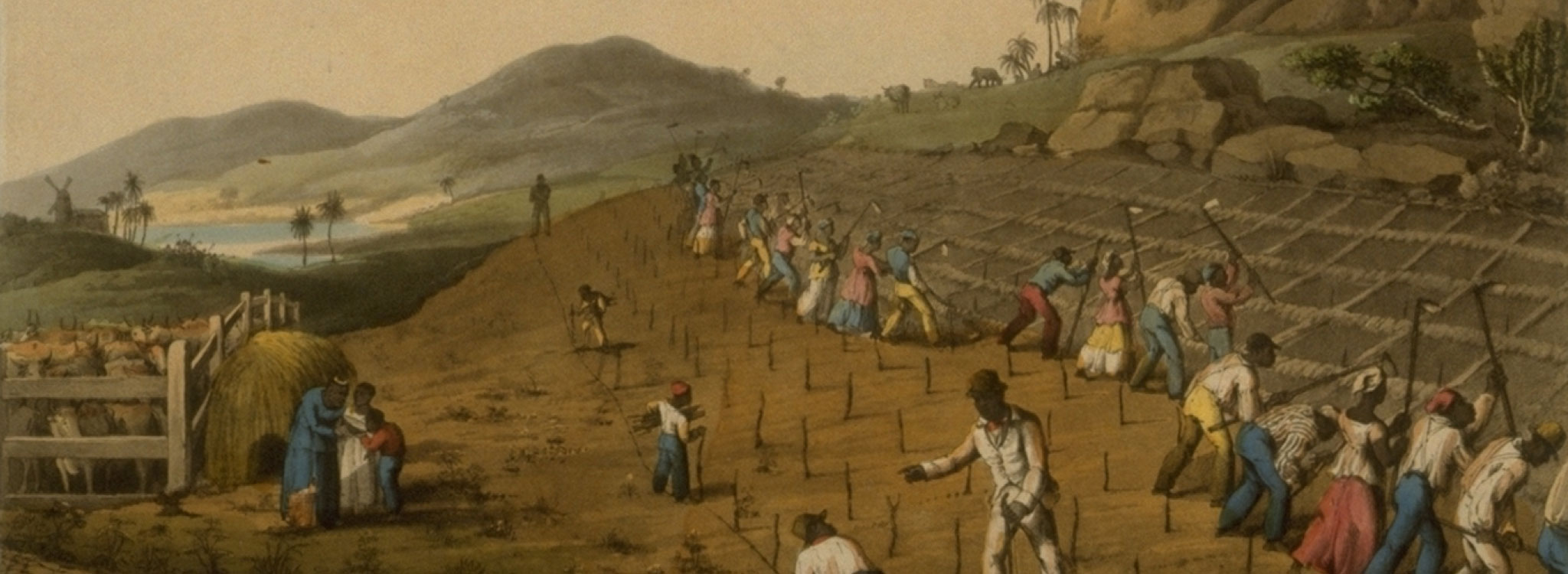Elizabeth Key was a slave who successfully petitioned for freedom in early colonial Virginia.
Key was born near present-day Newport News, Virginia, to a (probably African-born) slave woman and Thomas Key, a white Englishman and burgess in Virginia's colonial assembly.
In seventeenth-century Virginia, the precise legal status of Elizabeth Key and others like her was not clearly defined. Before he left for England in 1636, Thomas Key bound his daughter as a servant of Humphrey Higginson for a period of nine years. Sometime before 1655, perhaps because Higginson had died, Elizabeth Key came to be a ward of Colonel John Mottram, a justice of the peace in Northumberland County.
When Mottram died in 1655, Key sued for her freedom in the Northumberland County Court, arguing that she was a temporarily indentured servant, not a slave. Her lawyer, William Grinsted, argued that Key was a free English woman (inheriting this condition from her father) and Christian, and thus ineligible for enslavement. Furthermore, under the terms of her father's contract, Key's term of service had expired ten years earlier. In early 1655, a jury of twelve colonists ruled in Elizabeth's favor. Her freedom was short-lived, however, as the decision was overturned on appeal to the Virginia General Court. Grinsted in turn sought a hearing before the Virginia General Assembly. A specially appointed committee to handle the matter agreed with the original decision, enabling Key to regain her freedom. An appeal by the Mottram estate to the governor of Virginia in 1656 appears to have failed.
It is significant that Key's case divided Virginia's close-knit colonial political elite. Grinsted, her attorney, had also been engaged in an earlier legal dispute with the Mottrams and later married Key, suggesting that the Key case may have stemmed from existing tensions. For the Mottrams and the members of the general court, the Key case represented a direct challenge to the right of white Virginians to enslave all blacks. Legislation in the 1660s made it clear that the Mottrams' view had become the prevailing one in Virginia, changing the status of a child to follow the mother and ensuring slaves would no longer gain their freedom on the grounds of Christian baptism. The Key case thus appears to have prompted Virginia lawmakers to tighten the state's legal codes and prevent future generations of Africans in the colony from achieving even the limited freedoms that she and other early black settlers had enjoyed.
Read the full, original biography by Steven J. Niven in the African American National Biography
Bibliography
Banks, Taunya Lovell, "Dangerous Woman: Elizabeth Key's Freedom Suit - Subjecthood and Racialized Identity in Seventeenth Century Colonial Virginia" (2008). Faculty Scholarship 52 (2008): 799-837. http://digitalcommons.law.umaryland.edu/fac_pubs/52
Billings, Warren M. “The Cases of Fernando and Elizabeth Key: A Note on the Status of Blacks in Seventeenth-century Virginia,” William and Mary Quarterly 30, no. 3 (July 1973): 467–474.
Billings, Warren M., ed. The Old Dominion in the Seventeenth Century : A Documentary History of Virginia, 1606-1700. Revised edition. Chapel Hill: Published for the Omohundro Institute of Early American History and Culture, Williamsburg, Virginia, by the University of North Carolina Press, 2007.
Higginbotham, A. Leon, and Edward Dumbauld. In the Matter of Color: The Colonial Period. Race and the American Legal Process; vol. 1. New York: Oxford University Press, 1978.
Morgan, Edmund S. American Slavery, American Freedom: The Ordeal of Colonial Virginia. New York: W. W. Norton & Co, 2003.
Niven, Steven J.. "Key, Elizabeth." African American National Biography, edited by Ed. Henry Louis Gates Jr.. , edited by and Evelyn Brooks Higginbotham. . Oxford African American Studies Center, http://www.oxfordaasc.com/article/opr/t0001/e3120 (accessed Thu Sep 05 12:52:33 EDT 2019)
Author
Steven J. Niven
Adapted by
James Almeida and Steven J. Niven
Contributing Institutions
Hutchins Center for African & African American Research, Harvard University, Cambridge, MA.
Oxford University Press (USA) African American Studies Center.





